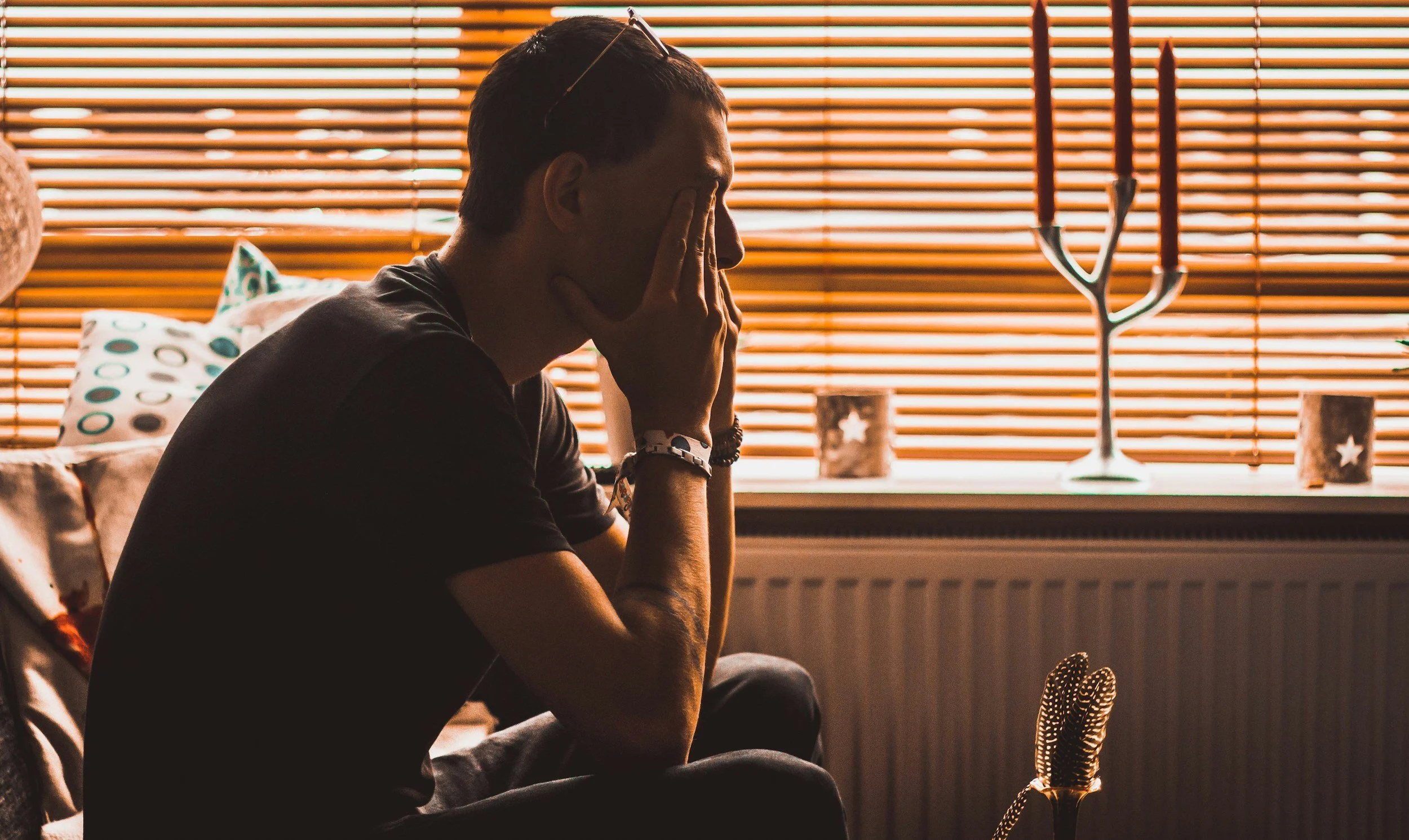Counselling for Relationships in Saskatoon
We can help you enhance your relationships.
Whether it’s your spouse, a friend, or your boss at work, relationships can be challenging to navigate. Our counsellors and therapists are trained to help you connect with others in the best way possible.
Relationship Advice vs. Relationship Counselling
All of us need help with our relationships from time to time. When that happens, we need to know that the information and tools we are getting will actually help. This is why we call what we offer “relationship counselling.” Advice giving can be helpful, but the insight and strategies we want to share with you are not just ideas—they are evidence-based techniques for repairing or improving your connection with others.
Contrary to what you might think, the often biggest roadblock in our relationships is not the other person—it’s ourselves. Many of our go-to strategies when we experience disconnection or distress in a relationship are an attempt to control or change the other person. When this doesn’t work, we resolve to “bottle up” or suppress the fear or pain we are experiencing. Neither or these approaches, despite their popularity, actually move us towards our goal of improved relationships.
Instead of trying to change the other person or simply giving up, our counsellors and therapists want to help you return to a calm and open-hearted place, where you can properly guard your heart while still pursuing connection.
Relationship Enhancement & Repair
It is important to have goals when entering into therapy. When it comes to relationships, people are usually looking for one of these two things:
a stronger, deeper connection (enhancement)
healing pain or distrust within the relationship (repair)
Each of these goals is important, and your counsellor will be able to help you identify what you need to focus on first.
If there have been many years of pain, fear, or distrust in the relationship(s) you are seeking help about, then you and your counsellor will probably start by working on healing and repairing what has gone wrong. In many ways, this can seem similar to trauma therapy, because the pain we experience in all forms of relationships can leave a lasting imprint on the body and soul.
If repairing the relationship is a possibility, a therapist can guide you on improving communication, fostering empathy, and rebuilding trust. They can teach you how to approach conversations in a way that reduces defensiveness and promotes positive interactions. For intimate or romantic relationships, building self-awareness and these sorts of “micro-skills” can lead to improved intimacy and reduced conflict or tension.
For relationships that can't be fixed, a therapist can also help you decide whether to distance yourself or end the relationship. They will support you through this process and help you deal with the emotional fallout.
Attachment Styles
Another common issue or concern when it comes to relationships is attachment. This is a psychology term to describe the body and soul connection between two people. However, attachment is much bigger than our separate, individual relationships. These patterns of connecting to others, starting with our experiences while growing up, form attachment styles, which tend to guide or control our future relationships.
Your counsellor may help you identify which of the four main attachment styles best describe you in the present moment:
Secure Attachment – People feel comfortable with intimacy and trust. They are able to rely on others and feel confident being independent.
Anxious Attachment – People crave closeness and are often worried about being abandoned or not loved back. They may need constant reassurance in relationships.
Avoidant Attachment – People are uncomfortable with closeness and may have trouble trusting others. They value independence and often keep others at a distance.
Disorganized Attachment - People display a mix of anxious and avoidant behaviors. They might fear intimacy but also seek it, often resulting from inconsistent or traumatic experiences with caregivers.
In the most basic sense, the goal of relationship therapy or counselling is to help you develop a more secure attachment style through healing underlying issues and equipping you with more effective skills.
Codependency
People with insecure attachment styles, like being overly anxious or distant in relationships, often end up with partners who have similar issues. This can lead to codependency, where one or both people rely too much on the other for emotional support, validation, and self-esteem.
In a codependent relationship, individuals might constantly need reassurance and support from their partner, which can be overwhelming. This intense neediness can blur personal boundaries and make individuals lose their sense of independence.
Such relationships often have a lot of conflicts and anxiety because one person's neediness can trigger the other person's tendency to withdraw. This creates a cycle where both partners' insecurities feed off each other, making the relationship unstable and filled with mistrust.
Codependency can trap people in unhealthy, toxic, or abusive relationships because they are afraid of being alone or abandoned. Even if they realize the relationship is harmful, their intense emotional attachment makes it hard to leave.
Breaking free from codependency involves becoming more self-aware and working on developing a secure attachment style. This often requires therapy or counselling to understand one's emotional triggers and learn how to meet emotional needs independently. By building self-reliance and a strong sense of self, individuals can create healthier relationships based on mutual support and respect, rather than dependency and insecurity.
Dealing with Difficult People
Another reason to work with a counselor or therapist is to learn better ways to handle difficult people in your life. Toxic relationships, whether with spouses, family members, or co-workers, can seriously harm your mental health, causing stress, anxiety, and a constant feeling of tension. Gaining insight into these relational dynamics, as well as learning ways to properly guard yourself from emotional distress, can help you cope with and repair these complex issues.
In therapy, you can safely explore and understand these challenging relationships. A therapist helps you see patterns in how you interact with these people and why certain relationships are tough. This understanding is the first step to making positive changes. They can also help you recognize what triggers your emotional reactions and why you feel the way you do around certain people. With this self-awareness, you can learn to set firm boundaries and communicate more effectively. For example, you might learn how to stand up for yourself without escalating conflicts.
Counsellors can also help you with resolving conflict. Conflict scares many of us. Even just thinking about getting into an argument with someone usually causes us some degree of anxiety. When anxiety takes over, we often react defensively or avoid the issue, which makes things worse.
Working with a counsellor can help you understand what triggers your anxiety during conflicts. They can teach you ways to stay calm, helping you to manage your anxiety and stay focused during disagreements. Counsellors also teach better communication skills, like expressing your feelings clearly and listening to others. This reduces misunderstandings and helps build respect. They can show you how to solve problems together, finding solutions that work for both sides instead of trying to "win" the argument.
Therapy can also help uncover deeper issues that might be causing your fear of conflict. By addressing these, you can reduce your overall anxiety and handle conflicts more effectively.
Overall, working with a counsellor or therapist gives you the tools to handle difficult people better, protect your mental health, and improve your overall quality of life.
Let’s get your relationships moving in a better direction.
Connect with us for a free consultation or look at the other counselling services we offer in Saskatoon and online.









